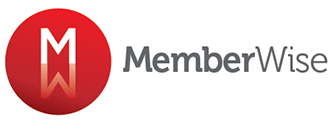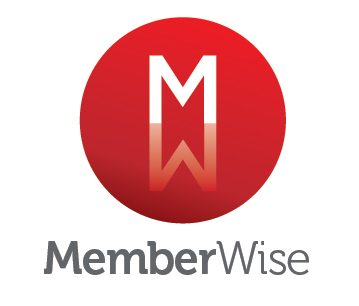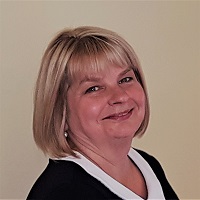Organisations often slip up as they become reactive, rather than proactive and make it up as they go along.
Change can happen due to an emergency or a crisis in business but is normally generated by process improvements/alterations or due to new regulations. Even a planned programme of change such as the changes associated with a CRM/website review or replacement to improve member engagement, or a wider digital transformation project will often not have an agreed Management of Change (MoC) plan and this is when organisations often slip up as they become reactive, rather than proactive and make it up as they go along!
We are currently in the middle of a massive emergency change programme with COVID-19, we can immediately reflect on the very sudden change on both our personal and business lives and the fact that we had little choice but to accept the changes. The UK government have had to put in place an emergency change plan, whether you think this is being done well, or not, this is a great example of an emergency change programme.
Let us reflect on the key areas on the UK COVID-19 MoC plan.
Sponsorship and Leadership
This is a vital component in any association change programme and can determine the project success. In this case The Prime Minister and the UK governments, these sponsors need to lead the programme, be appraised of the changes and ensure that the project is moving forward.
Changes
Identifying and documenting all the changes and assessing the impacts is key, this will ensure that you capture any knock-on effects, again, in this case, it’s the changes on the population and impacts on behaviour – but on a larger scale the impact on the economy. If you think of this in context of a new CRM solution, you would need to map the changes and associated impacts on your members, internal teams, stakeholders as well as systems, data structure and processes.
Communication and training
Clear communication at all levels, as well as planned training, is vital. You need to ensure that your audience are engaged and listening as you move forward, taking them with you along the way. If you communicate clearly, nothing is a surprise and people are more engaged. We see the government running daily press conferences, social media, apps etc to try to make sure that people are aware and trained on what to do and when. They are also communicating potential next steps to remove any element of surprise when this change is implemented.
Governance
The changes and success of the programme need to be assessed, programmes need to be reviewed and flexed to ensure that possible additional impacts are being considered and planned for. If you look at the current situation you can see this being reflected in the messaging in the daily press conferences, if you look at this in context of a CRM roll out this will ensure that you capture unplanned for situations and evolve the plan accordingly.
We can all learn from good times and bad times but having an MoC plan in place that guides you can massively impact the success of the project in the longer term.
We have written several articles that may be of interest on your digital journey. Never be afraid to ask, we have the expertise to help and are always happy to offer unbiased advice and recommendations.
 Chrysalis Digital provides a digital transformation service designed to help build a more agile, efficient and innovative organisation.
Chrysalis Digital provides a digital transformation service designed to help build a more agile, efficient and innovative organisation.









Leave A Comment